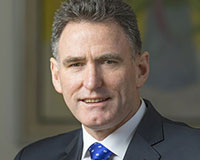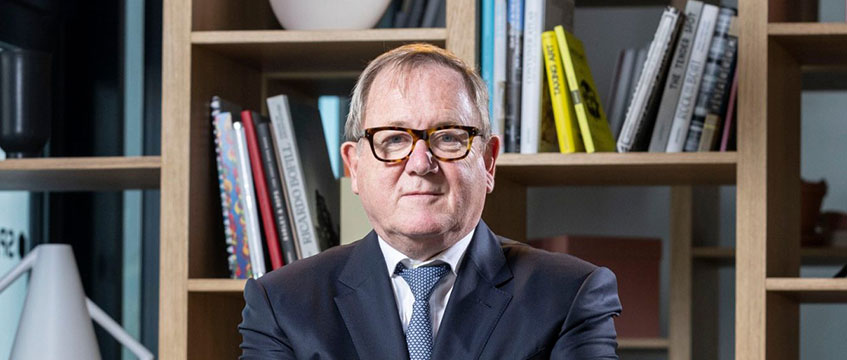Royal Bank of Scotland chief executive Ross McEwan has said he has seen no evidence of malicious or fraudulent activity in the bank’s Global Restructuring Group.
Speaking on LBC radio, the boss of the part-nationalised bank, was asked if he thought bonuses should be paid to staff working in the bank’s GRG, given allegations of emotional and financial harm caused to SMEs by this unit.
McEwan, who has been in the job for 10 months, said: “It is a hugely emotional issue when businesses start to have difficulty. We have had a number of criticisms around the GRG business which is why we had an independent review.”
“The independent report showed this is a pretty good unit…. it was under huge pressure at the time.”
He added: “It is fair to say we lent out money we should have never lent out to people we shouldn’t have lent to when the bank was trying to grow… we did some damage that is very clear… but I have not seen malicious or fraudulent activity in this part of the bank.”
In April, law firm Clifford Chance found no evidence that the bank had systematically set out to defraud its business customers in an independent review of allegations by government adviser Lawrence Tomlinson.
The central allegation made by Tomlinson, entrepreneur in residence at the department for business, innovation and skills in November last year in his report was that the bank, through its Global Restructuring Group, was guilty of systematically setting out to defraud its small business customers.
RBS’s West Register property business was at the centre of allegations that the taxpayer-owned bank is killing off small businesses for its own gain.
On the Scottish vote, McEwan repeated that the bank has taken a very clear position and was not getting involved in the politics.
He added: “We are having to watch it very carefully and do some contingency planning like any good business would do.”
On interest rates he said it was up to Bank of England governor Mark Carney as to when rate might go up, but said when interest rates did start increasing “they will have to move very slowly so we don’t end up with a major bubble again”.
He added that the foreign exchange scandal, which has seen traders from RBS and Barclays suspended over fixing claims and prompted a global investigation, looked potentially as big as the Libor scandal.
“I have the feeling it is a Libor case again – the important thing this time is that we haven’t sat back and denied it.”
Last year the bank was fined £390m ($610m) by UK and US authorities for its part in the Libor rate-fixing scandal. Barclays and UBS were also fined.
bridget.o.connell@estatesgazette.com











